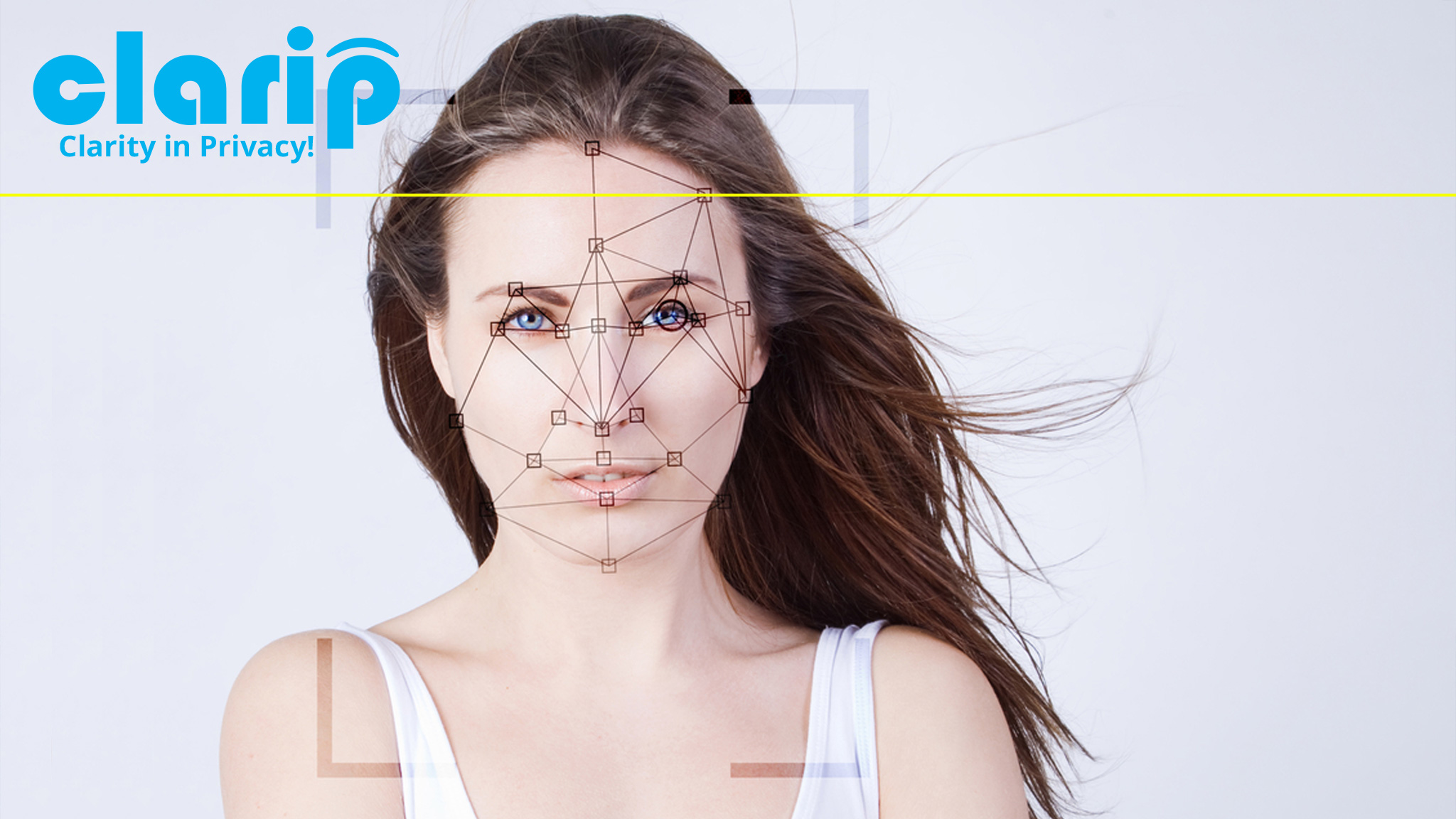Vermont Attorney General Brings a Lawsuit Against a Facial Recognition Software over Alleged Privacy Violations

The Vermont attorney General filed a lawsuit against Clearview AI, a New York-based facial recognition technology company that scrapes billions of publicly available images of individuals, including minors, from the internet without their knowledge or consent. Clearview’s customers, including law enforcement and private business, use the company’s database to search for persons of interest using their images.
The Attorney General charged that the company had collected “billions of photos off the internet by screen scraping, applying artificial intelligence technology, biometric data to these photos and selling them, including photos of Vermonters’ and their children without [their] consent.”
According to the Attorney General, the notion “that privacy is dead, that our data is already out there everywhere and so what does it matter . . . [is] a myth . . . Just because you put a photo on Facebook does not mean that anyone can come and download it and apply facial recognition to it and share it with anybody or collect all of your photos together from across the internet.”
The complaint contends that Clearview AI violated the state’s consumer protection statute as well as the new data broker law. Vermont became one of the first states in 2018 to pass a data privacy law, particularly to regulate data brokers. Vermont Act 171 of 2018 requires data brokers to register to do business in the state and to maintain reasonable data security, and prohibits acquiring brokered personal information through fraudulent means. The law does not generally create an opt-out option or the breach-reporting requirements to the attorney general or affected individuals.
Where the broker has knowledge that it possesses the personal information of a minor, however, there must be a separate statement detailing the data collection practices, databases, sales activities, and opt-out policies. According to the Attorney General’s complaint, Clearview AI affirmed that it possesses the brokered personal information of minors but made no attempt to obtain consent of any adults prior to collecting and applying facial recognition software to the pictures of minors and had no capability to remove any individuals by age from its database.
The Vermont lawsuit is not the first controversy involving the company. Twitter has recently requested the Clearview AI to stop using the photos from the platform and the New Jersey Attorney General barred state the police from using the app.
Ask Clarip today how we can solve your biggest compliance pain points, Call Clarip at 1-888-252-5653

 Data Risk Intelligence
Data Risk Intelligence Automated Data Mapping
Automated Data Mapping Do Not Sell/Do Not Share
Do Not Sell/Do Not Share Cookie Banner Solutions
Cookie Banner Solutions Consent & Preferences
Consent & Preferences Data Rights Requests
Data Rights Requests
